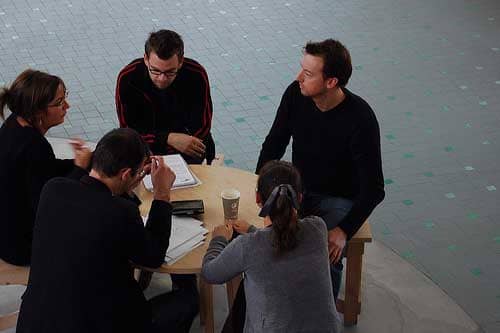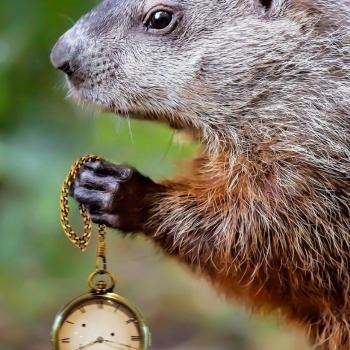By Jeff Lindsay
 A very intelligent and kind friend of mine shared with me her journey that began with her birth as a boy and ultimately led to sex-reassignment surgery. Her story is amazing but reasonable and sincere. It compels me to recognize that clear-cut models of life and human gender don't capture the wide diversity that can occur in mortality. What might make sense for the vast majority may not do justice to the complex situations that some may be in. As a result, I feel a renewed need to be more cautious and to withhold judgment in cases that transcend my experience or ability to relate.
A very intelligent and kind friend of mine shared with me her journey that began with her birth as a boy and ultimately led to sex-reassignment surgery. Her story is amazing but reasonable and sincere. It compels me to recognize that clear-cut models of life and human gender don't capture the wide diversity that can occur in mortality. What might make sense for the vast majority may not do justice to the complex situations that some may be in. As a result, I feel a renewed need to be more cautious and to withhold judgment in cases that transcend my experience or ability to relate.
In discussing and defending the LDS Church, I frequently make reference to the fallible nature of all humans. Only God and Christ are perfect -- here in mortality, all else is open to question and "complexity." Those who demand perfection, absolute valor, or even consistent good behavior from any human will invariably be disappointed (my wife being the sole mortal exception I know of). Even revelations and scriptures that pass through mortal hands will be subject to apparent error, apparent contradictions, or other complexities. The pervasive puzzles and contradictions of mortal behavior extend to the biological side of mortality as well.
My friend suggests that just as height, weight, skin color, athleticism, and other physical characteristics span wide a wide spectrum, so can characteristics often associated with gender and gender identity. I accept the LDS Proclamation on the Family and its statement on gender: "Each [human] is a beloved spirit son or daughter of heavenly parents, and, as such, each has a divine nature and destiny. Gender is an essential characteristic of individual premortal, mortal, and eternal identity and purpose."
I believe that is true. However, when it comes to the specific expression or manifestation of gender in this mortal realm, there may be some gray areas or puzzling contradictions and complexities that require me to step back and recognize I don't have all the answers. Perhaps the best I can do is to focus on my duty and be charitable toward others, even when I cannot possibly understand or relate to their complex journey.
 Similar thoughts extend to the area of homosexuality. I've been reading Born That Way? by Erin Eldridge, an LDS woman who describes her almost superhuman effort over many years to transcend her same-sex attraction and comply with her understanding of how she should live here in mortality. While her story challenges the idea that change in behavior is impossible, it does show that it can be painfully hard, and that simple "cures" and solutions others may offer may not be helpful. Patience, unconditional love, acceptance, and charity are needed to stand by those who do wish to change (and shame on those who condemn them for trying!).
Similar thoughts extend to the area of homosexuality. I've been reading Born That Way? by Erin Eldridge, an LDS woman who describes her almost superhuman effort over many years to transcend her same-sex attraction and comply with her understanding of how she should live here in mortality. While her story challenges the idea that change in behavior is impossible, it does show that it can be painfully hard, and that simple "cures" and solutions others may offer may not be helpful. Patience, unconditional love, acceptance, and charity are needed to stand by those who do wish to change (and shame on those who condemn them for trying!).
I think the same principle should apply to those who wish to make changes that we disapprove of, such as sex-reassignment surgery. Patience, love, and kindness are the most we can do. Perhaps there are matters of behavior or belief that a person's Church leaders may need to deal with, but for the rest of us, withholding judgment (and freely offering love and kindness) may be the best we can do.
I offer my typical disclaimer that these are easy things to say. Having true charity when we cannot understand another person can be difficult -- indeed, charity actually comes to us as a divine miracle and is one of the least natural human behaviors. But charity is the kind of change in human behavior that I think we all can endorse and hopefully strive for, with God's help.
Jeff Lindsay holds a Ph.D. in Chemical Engineering, recently published Conquering Innovation Fatigue (#10 on the recommended summer reading list of Business Week), and blogs at http://mormanity.blogspot.com.
Photo coutesy of Simon Blackley via C.C. Commons License at Flickr:
8/7/2009 4:00:00 AM




